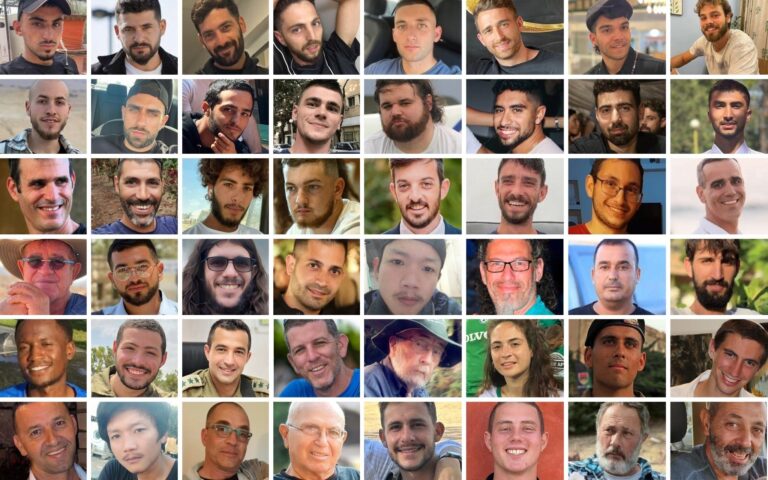by Chaim Weber
The old American tale says that George Washington chopped down his father’s cherry tree and admitted to it.
While this tale is likely not historically true, what would the halacha be if such a case happened?
At first glance, of course the damager should pay. After all, it shouldn’t be different from any other case of property damages!
Sure enough, the Mishna in Bava Kamma (90b) says explicitly that if one cuts down a friend’s fruit tree, the damager is liable.
But Tosfos (Bava Kamma 91b) raises an interesting question.
The halacha is that if one violates a prohibition with a penalty of lashes, one doesn’t pay. This is due to the principle of “eino lokeh u’mshalem – one doesn’t receive lashes and also pay.”
The Gemara in Makkos (4b) tells us that this is learned from the verse “k’dei rishaso – in accordance with his wicked act,” that a perpetrator can only be punished once for a specific act. Therefore, someone can’t receive lashes and also have to pay for the same act.
When cutting down a fruit tree, if the damager was Jewish, he violated the negative commandment against cutting down fruit trees. This is a clear negative prohibition in the Torah that comes with a punishment of lashes.
If so, why does the damager have to also pay? The violator presumably receives lashes for cutting down the tree and therefore shouldn’t have to pay!
Tosfos gives two answers to this question:
Answer #1: The Mishnah follows the opinion of R’ Meir, who holds that one has to pay even when receiving lashes. However, according to the Rabanan, the violator would indeed be exempt due to having already received lashes.
It should be noted that Rashi (Bava Metzia 91a) says that even to the Rabanan, there remains an obligation to pay in the eyes of Heaven, even after receiving lashes. The entire exemption of the Rabanan is just that beis din doesn’t have the power to enforce two punishments. However, for someone who wants to fulfill their obligations vis a vis Heaven, payment would also be required. (According to some versions of the Gemara, this may even be clear in the text of the Gemara itself – see Hagahos Habach Bava Metzia 91a.)
Answer #2: Tosfos also answers that the Mishnah that obligated one to pay discussed a case where the person was not warned. Since there’s no penalty of lashes without a proper warning, the violator has to pay.
The Rashba notes that this answer only works within the opinion of R’ Yochanan (Kesubos 35a) who maintains that by cases of lashes, the perpetrator is indeed exempt if there’s no warning. Although we pasken like R’ Yochanan, Reish Lakish disagrees and holds that the perpetrator would be exempt even without a warning.
The Rif and Rosh both appear to hold like the second answer of Tosfos, as they both bring the statement of the Mishnah as halacha – that the violator has to pay for cutting down the tree. Clearly, they don’t believe that the Mishnah follows the minority opinion of R’ Meir.
Rambam – The Caveat of Derech Hashchasa
The Rambam adds an interesting caveat to the prohibition against cutting down trees.
The Gemara says that the prohibition doesn’t apply if the wood of the tree is more valuable than the fruit. The Gemara also says there’s no prohibition to cut down the tree if it damages crops that grow around it.
The Rambam notes that there’s a common theme between these two allowances.
The Torah only forbids cutting down trees if it’s done in a destructive manner (Derech Hashchasa). If it was done because the value of the wood is more than the fruit or to save the surrounding produce, then the tree is not being cut down in a destructive manner and is therefore permitted.
We find this rule also applies by other mitzvos as well. For example, there’s a prohibition against destroying stones of the heichal (Temple building) walls or the stones of the altar. The Rambam (Yesodei Hatorah 6:7) rules this prohibition is violated only if it’s done in a destructive manner.
R’ Yaakov Emden (She’elas Yaavetz 1:76) wrote that derech hashchasa only removes the negative prohibition against cutting down trees but the practice should still be avoided due to sakana, as aside from the prohibition against cutting down trees, the Gemara also mentions that there’s an issue of sakana. (R’ Yaakov Emden explains the Gemara that the sakana exists even when the prohibition does not.)
While many authorities disagree, due to the importance of avoiding sakana, many poskim recommend selling to a non-Jew or alternatively, relying on a different leniency mentioned by R’ Yaakov Emden himself – removing the tree along with the dirt and replanting it elsewhere.
On a practical level, poskim should be consulted, as many factors come into play when dealing with this question.











